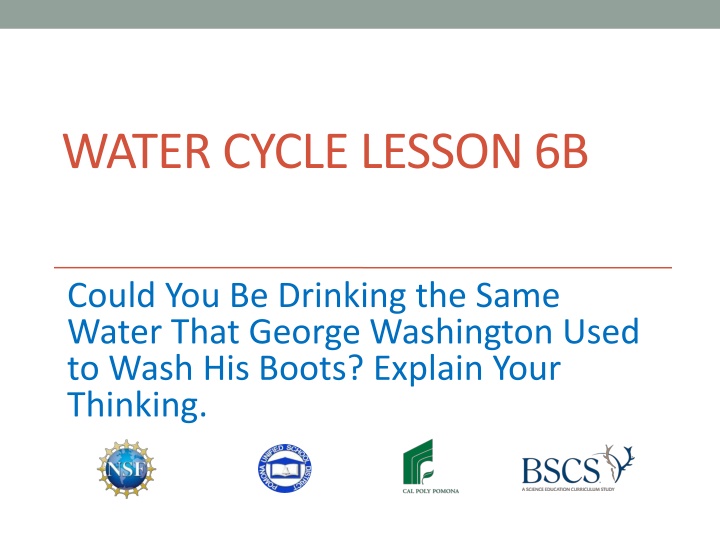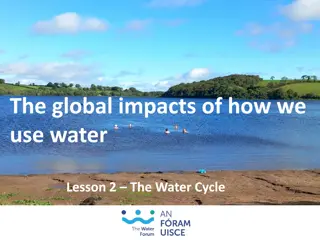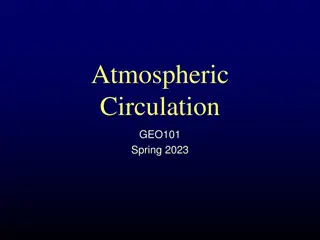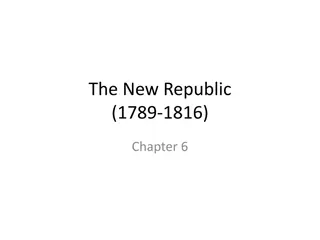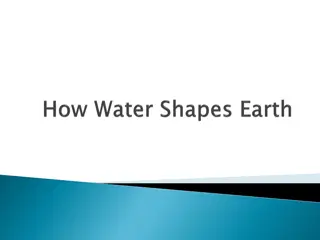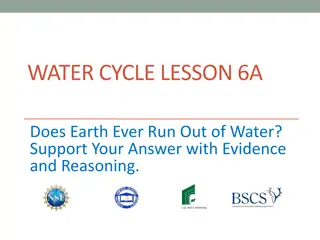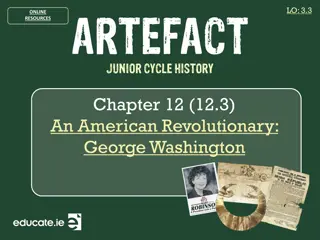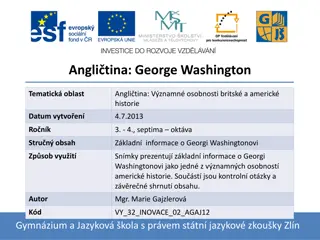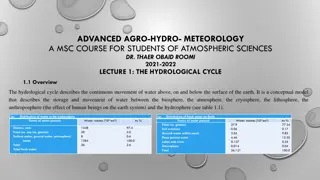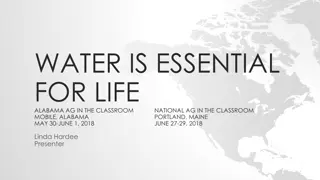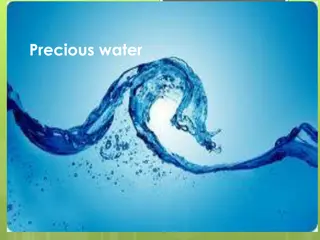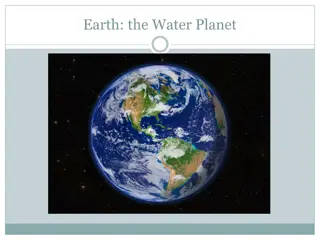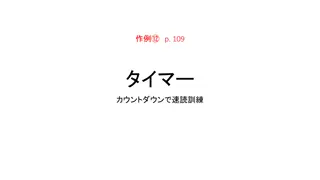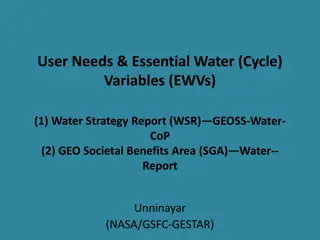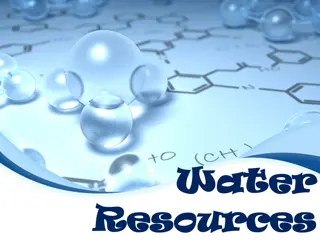Exploring the Water Cycle: From George Washington's Boots to Earth's Systems
Dive into a fascinating exploration of the water cycle through lessons on closed systems, the three-bottles experiment, water changes, and central questions about water abundance on Earth. Discover if you could be consuming water that once touched George Washington's boots and uncover the similarities and differences between the water cycle and various experiments.
Download Presentation

Please find below an Image/Link to download the presentation.
The content on the website is provided AS IS for your information and personal use only. It may not be sold, licensed, or shared on other websites without obtaining consent from the author.If you encounter any issues during the download, it is possible that the publisher has removed the file from their server.
You are allowed to download the files provided on this website for personal or commercial use, subject to the condition that they are used lawfully. All files are the property of their respective owners.
The content on the website is provided AS IS for your information and personal use only. It may not be sold, licensed, or shared on other websites without obtaining consent from the author.
E N D
Presentation Transcript
WATER CYCLE LESSON 6B Could You Be Drinking the Same Water That George Washington Used to Wash His Boots? Explain Your Thinking.
The Three-Bottles Experiment In the last lesson, we investigated what happens in a closed system when water changes from one state to another. We looked at sample data and measured the mass of three bottles of water in the liquid, solid, and gas states. What did we discover?
The Three-Bottles Experiment How is the three-bottles experiment similar to or different from Earth s water cycle?
Are These Systems Open or Closed? The bottles in our experiment and Earth are closed systems for water! That means water molecules can change states and move around in these systems, but they can never escape or disappear.
The Water-Changes System How is the water-changes system similar to Earth s water cycle?
The Water-Changes System How is the water-changes system different from Earth s water cycle?
Our Unit Central Questions Today you ll put together all you ve learned about the water cycle to answer our unit central questions: How does water change in the world around us? Does Earth ever run out of water?
Todays Focus Question Could you be drinking the same water that George Washington used to wash his boots? Explain your thinking.
A Story about George Washingtons Boots To help us answer today s focus question, we re going to read a story about some water molecules from George Washington s boots. As you read the story, mark each time the water molecules change state. At the end of the story, you ll count up how many times the water molecules changed state.
Write Your Own Story! How might one water molecule travel from a bucket of water on our playground and end up high in the mountains in Lake Arrowhead (without help from humans or animals!)? Photo courtesy of Pixabay.com Photo courtesy of Pexels.com
Summary: Did Your Story Include These Ideas? 1. A water molecule in the bucket gains enough energy from the Sun to evaporate and rise into the air. 2. The evaporated water molecule is now water vapor (a gas) moving throughout the air. 3. The water-vapor molecule rises high up in the sky, where it loses heat energy because it s cooler up there. 4. The water-vapor molecule slows down and joins with other water molecules to condense and form a tiny water droplet that is part of a cloud. 5. The wind blows the cloud over Lake Arrowhead. 6. The water molecule joins up with more and more water molecules until it forms a big, heavy water drop that falls from the sky as rain and lands in Lake Arrowhead.
Our Focus Question Think about everything you ve learned about the water cycle in this unit. How would you answer this question now? Could you be drinking the same water that George Washington used to wash his boots? Explain your thinking.
The Big Idea! Our unit central questions: How does water change in the world around us? Does Earth ever run out of water? The big idea: Energy from the Sun drives the water cycle. This cycle includes the processes of evaporation, condensation, and precipitation. These processes allow water molecules to change states and move around the Earth and its atmosphere without ever disappearing, losing mass, being destroyed, or being used up. Earth can never run out of water because it s a closed system for water.
Check Your Understanding How would you explain to someone what happens to water molecules in the water cycle during evaporation, condensation, and precipitation?
